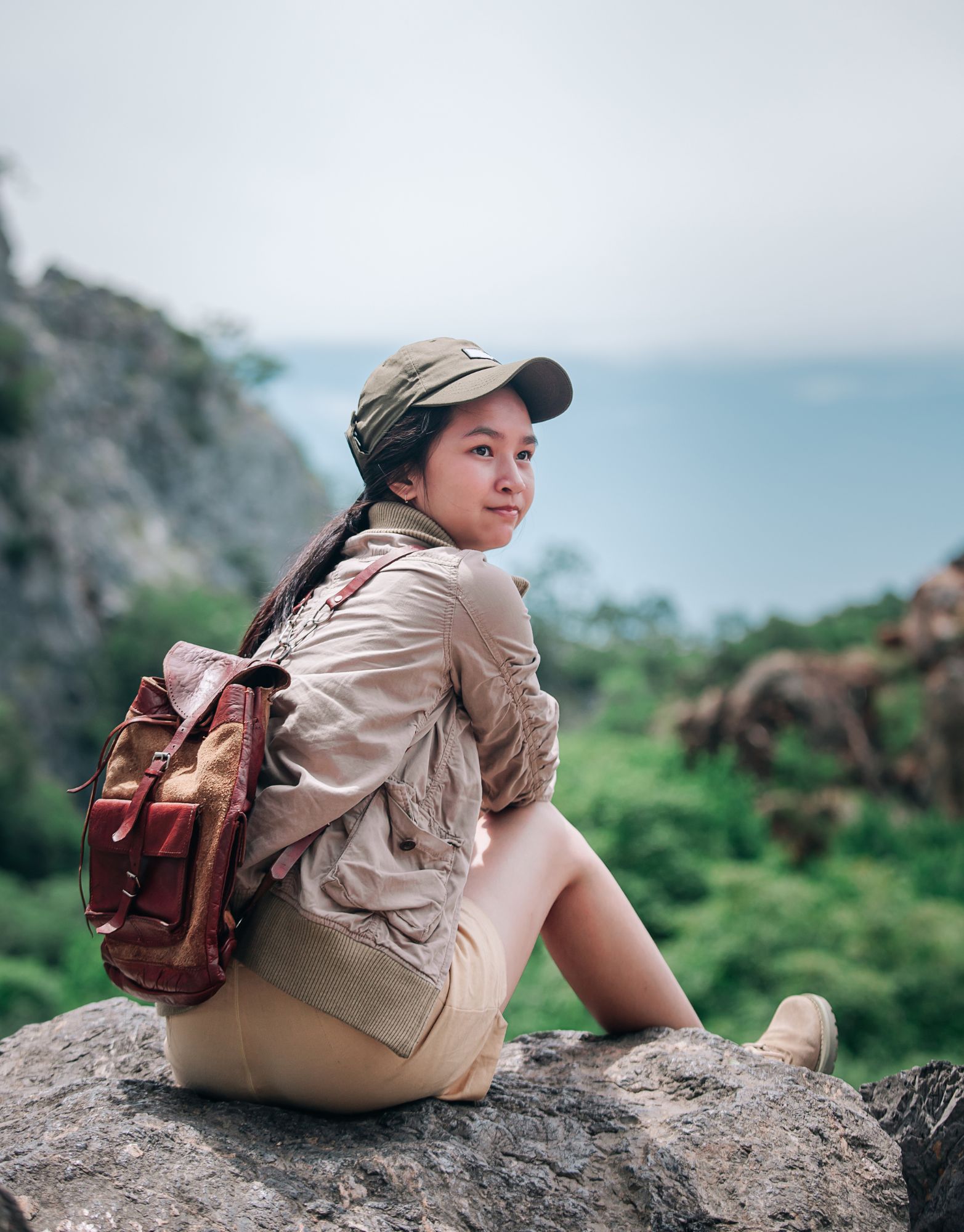Traveling Back to Ancestry for Self-Discovery
By Ikupolusi Ariyike
The air in Accra feels both familiar and new. I stand barefoot at the edge of the Atlantic, watching waves kiss the sand near the old fort. Somewhere between the sound of the ocean and the hum of the city, I feel something rise in me, a recognition, not of place, but of belonging.
Every woman, at some point, feels homesick for places she’s never been, a feeling deeper than home. Back to the stories that shaped her bloodline, the songs sung before she was born, the women whose names might have been forgotten, but whose strength still echoes through her bones.
This is the journey of return, a pilgrimage of identity. And for many women today, it’s more than travel. It’s healing.
The Pull of Ancestry
Ancestral travel has become a quiet revolution among women seeking meaning beyond maps and passports. It’s not about ticking destinations off a list, it’s about tracing the veins of lineage and about finding fragments of ourselves in the soil of our foremothers.
For some, it’s visiting the village their grandmother spoke of with longing. For others, it’s uncovering family roots through DNA tests and archives. And for many, it’s simply walking through lands that whisper of shared history when records are gone.
These journeys often begin with curiosity, but they end in clarity. They remind us that identity isn’t only who we become; it’s who we come from.
Stories from the Road
In Jamaica, a London-born woman named Naomi joined an ancestral retreat designed for women of the diaspora. Between drumming circles and ocean meditations, she said she found more than heritage; she found forgiveness. “I stopped being angry at what history took from me,” she shared. “And I started honoring the resilience my ancestors left me .”
In Italy, Aisha, a Nigerian-Italian writer, returned to her mother’s hometown for the first time since childhood. “I thought I was going there to meet family,” she said, smiling. “But really, I was meeting myself. Every meal, every phrase, every laugh felt like a memory I didn’t know I had.”
And in Kenya, a young African-American entrepreneur walked the same red soil her great-grandmother once fled from. She said the trip taught her that return is not about going backward; it’s about coming full circle.
When the Past Teaches the Present
Traveling back to one’s roots becomes a form of mentorship led by the past itself. The ancestors become silent teachers, reminding us how to endure, how to dream, how to rise.
You learn to see success differently. It’s no longer about how far you’ve gone, but how deeply you understand where you began. You learn that strength isn’t new; it’s inherited. And that womanhood, in every generation, has always been an act of rebuilding.
For many, these trips awaken creative and spiritual callings, inspiring businesses, books, art, or advocacy. What begins as a personal quest becomes a bridge between generations, a conversation that never ended, only paused.
The Healing of Return
When women travel to reconnect with their lineage, they often describe a feeling of grounding like roots threading back into the earth. It’s a kind of peace that can’t be photographed or posted.
There are tears, yes, but also laughter. There’s grief for what was lost, but gratitude for what survived. There’s the realization that the journey is both backward and forward, a reminder that we are our ancestors’ wildest dreams, but also their continuation.
Every place holds a story. And every woman who returns to her roots writes a new one with more compassion, more pride, and more understanding of the woman she’s still becoming.
Closing Reflection
At sunset, I gather my things to leave the beach in Accra. The ocean roars behind me, steady, endless, eternal. I remembered a picture of my grandmother whose voice I still hear in lullabies and prayers.I finally understand what she meant when she said, “The road home is the longest one, but the most beautiful.”
Because sometimes, to move forward, we must walk back not in regret, but in remembrance.







